Fantasy and Noir go together like sweet, salted caramel and a rich dark chocolate. Here’s how you can make your game noir-ish.
There are a few common genres that get mixed in/mashed up with “high fantasy” in D&D campaigns. Eldritch horror, naturally, is a big one. But not too far behind is Noir. Which at first glance might seem like an odd combination—after all D&D doesn’t necessarily lend itself to rainy cities and twisty mysteries full of internal monologues. But dig a little deeper and there’s room for the genre in the game.
Though, like many things, it’s going to be the D&D version of it—just like how you wouldn’t do a D&D eldritch horror game expecting that the player characters will be powerless and terrified, a D&D noir isn’t going to be full of impossible to untangle mysteries and characters playing catch up to a villain that somehow skates by the consequences of their actions. D&D PCs carry weapons and spells that are often the consequence of an NPCs actions.
But with all that in mind, here are a few things you can do if you want to run a more noir flavored D&D game.
Secrets and Lies
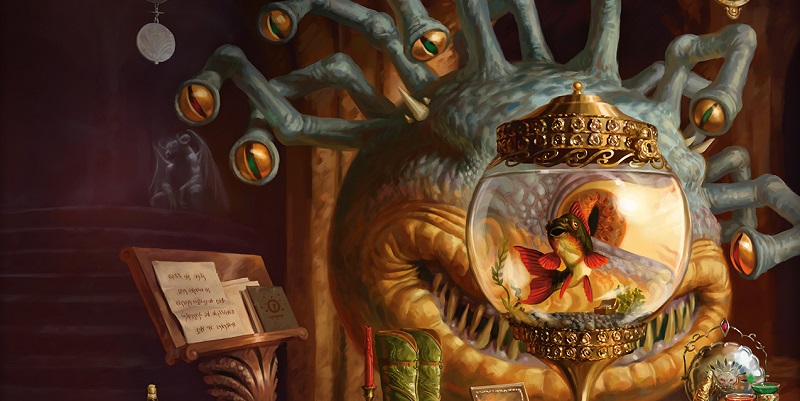
A big part of any good noir are its secrets. Not necessarily a mystery—right? There are plenty of noir stories that don’t involve a gumshoe, private dick, or nosy investigator of any stripe. Look at stories like Double Indemnity or The Killing (an extremely underrated Kubrick film noir). But they do have plenty of secrets.
Hidden information is omnipresent in noir, as are attempts to conceal it. Themes of who you can trust play a big part of it. And in D&D this is easy enough to do—you just have to write out a few secrets for various NPCs to have. Some can be big and plot-centric, like “I murdered the grand duke” or “I smuggled the very poison that killed the grand duke into the castle”. But they can also be intimate, personal secrets like “I broke my Paladin oath and haven’t told anyone.” These kinds of things are rewards for players with high insight scores and abilities that help them ferret out information.
Big Emotions
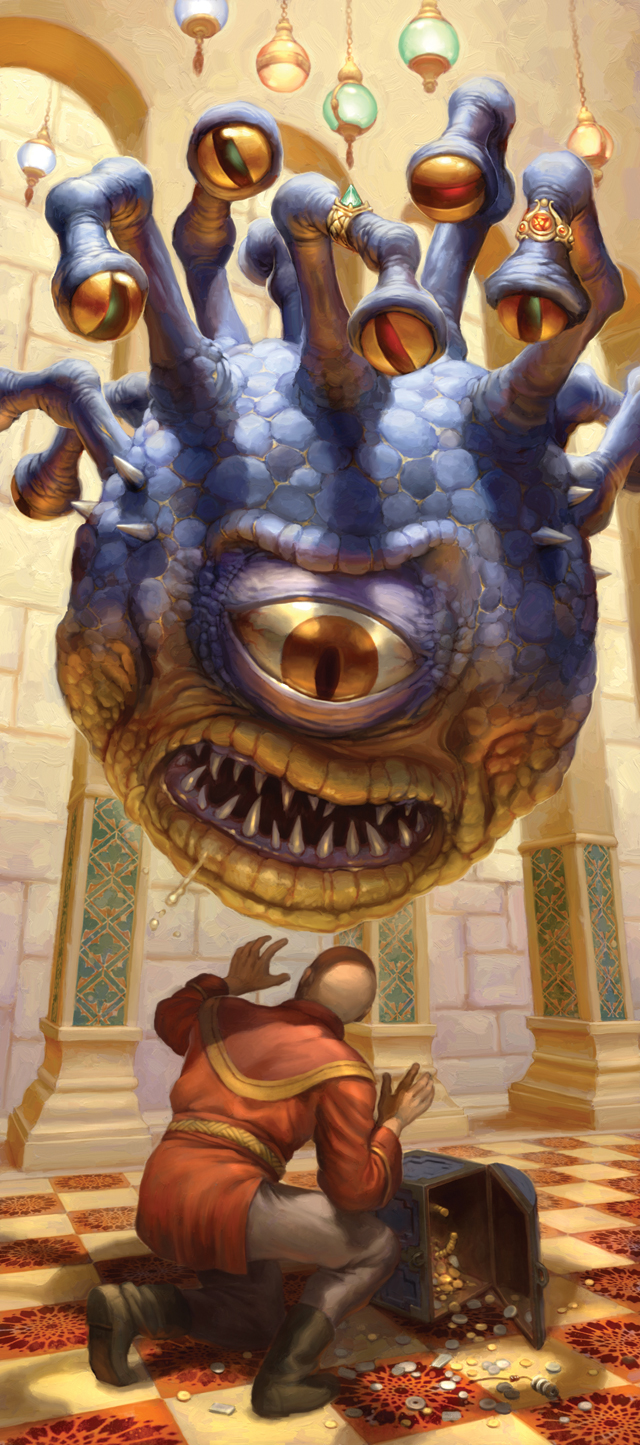
More important than secrets, though, are the emotions we feel about them. Noir is an intensely emotional genre. Betrayals only sting because you care about the person who betrayed you, after all. Noir takes a look at what emotions can drive someone to extremes.
Big feelings are hard to make player characters feel. But you can play up the passion of various NPCs. You can’t tell a PC that they feel scared and that the fear makes them run straight to the thieves’ guild to do the thing that they swore they’d never do for a sense of security. But an NPC that the party likes? Turn up the pressure on them. Make them feel the pressure (and talk about it to the PCs) as a lens into the big emotions of a noir story.
Twists, Turns, and Betrayals
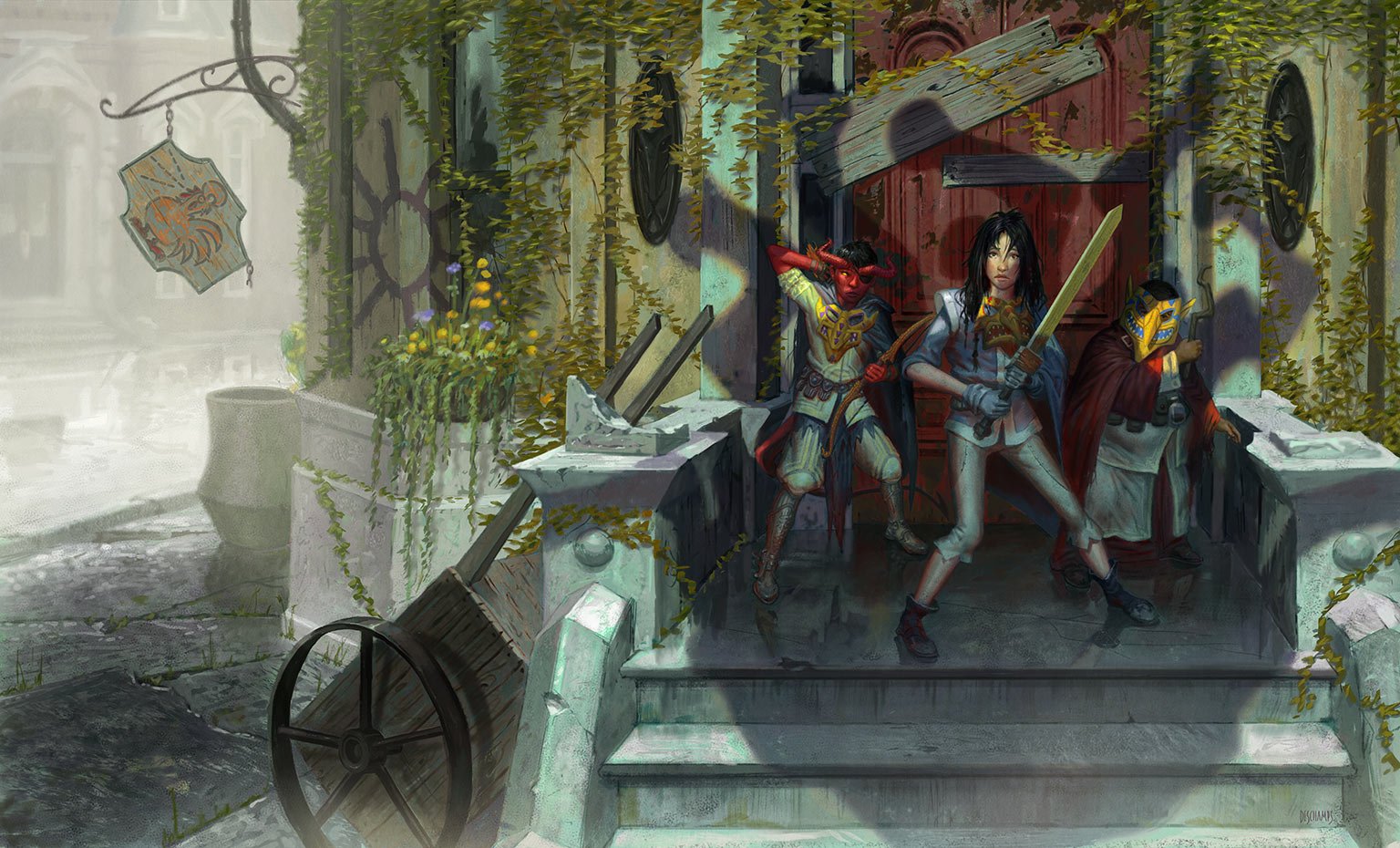
And of course, twists, turns, and betrayals come part and parcel with the genre. After all, if you’ve already stolen a bunch of money, you might as well kill off the partner in crime who you know is just planning to bump you off if they get the chance. Noir is a genre where moral codes get people killed—and while that might not play in D&D, that kind of thinking can make characters that feel like they’re in a noir, right up until the PCs kill them for their betrayal.
We’ve talked before about how to make plot twists feel like they’re earned. So you might want to check that advice out.
Bad Decisions Beforehand, Trouble Ahead
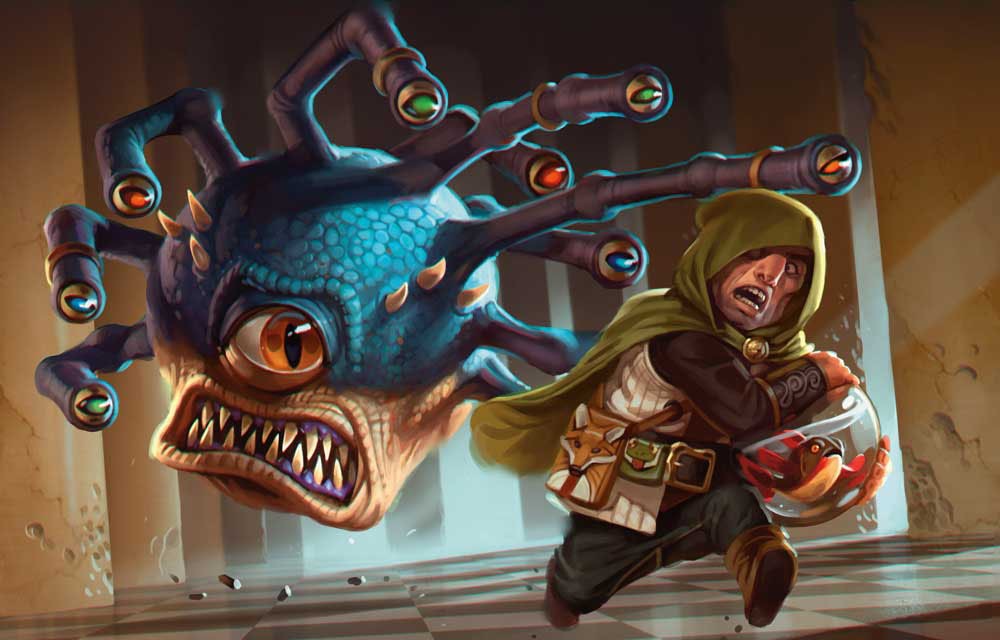
While you’re at it, have NPCs make bad decisions. Maybe try and give PCs the opportunity to make bad decisions too. Noir is very much a genre of “offers you can’t refuse.” Devil’s bargains and short term gains with long term prices are a big driver of the drama of the story.
You can signpost what some of the consequences might be. Sure, you can accept the help of the dark wizard to stop the lich, but it’s going to come with a price. Or again, friendly shopkeep who owes a ton of money might betray the party for a sense of financial security—and then the PCs can have a fun knot to untangle.
A big role that noir protagonist types can play is helping people in distress, be they femme fatales, hard luck innocents, or criminals trying to do right. Often the noir protagonist only becomes involved in the trouble ahead (which they can often see coming much better than the people in the tide of it) because of someone they care about.
Untangling It All
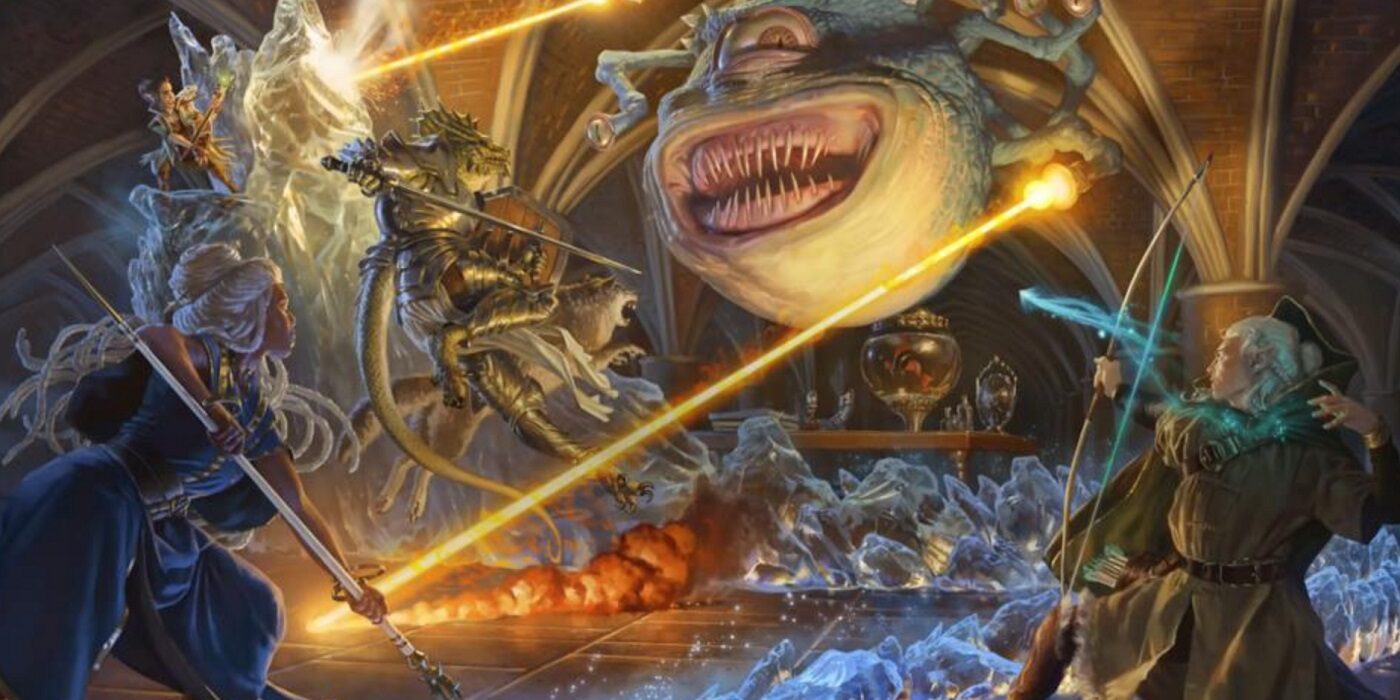
One thing that D&D is very good at, is empowering PCs to make big changes in the world. And in a good Noir, we love to watch the tangled knot of intrigues and betrayals and crime all come unraveled. In D&D, your PCs are probably going to be good at untangling that knot just by virtue of leveling up.
Lean into the power fantasy of that. It can feel so satisfying to intrude on an evil noble’s schemes to take out the grand duke when your Diviner has foreseen the poison attempt, and the Bard has seduced the would-be-assassin into helping the party’s cause instead. The more you layer on the other elements, the more satisfaction PCs will get as they cut through a would-be gordian knot of intrigue to be the fantasy heroes that D&D sets them up to be.
Happy adventuring!
Don’t Miss:
Read more at this site
